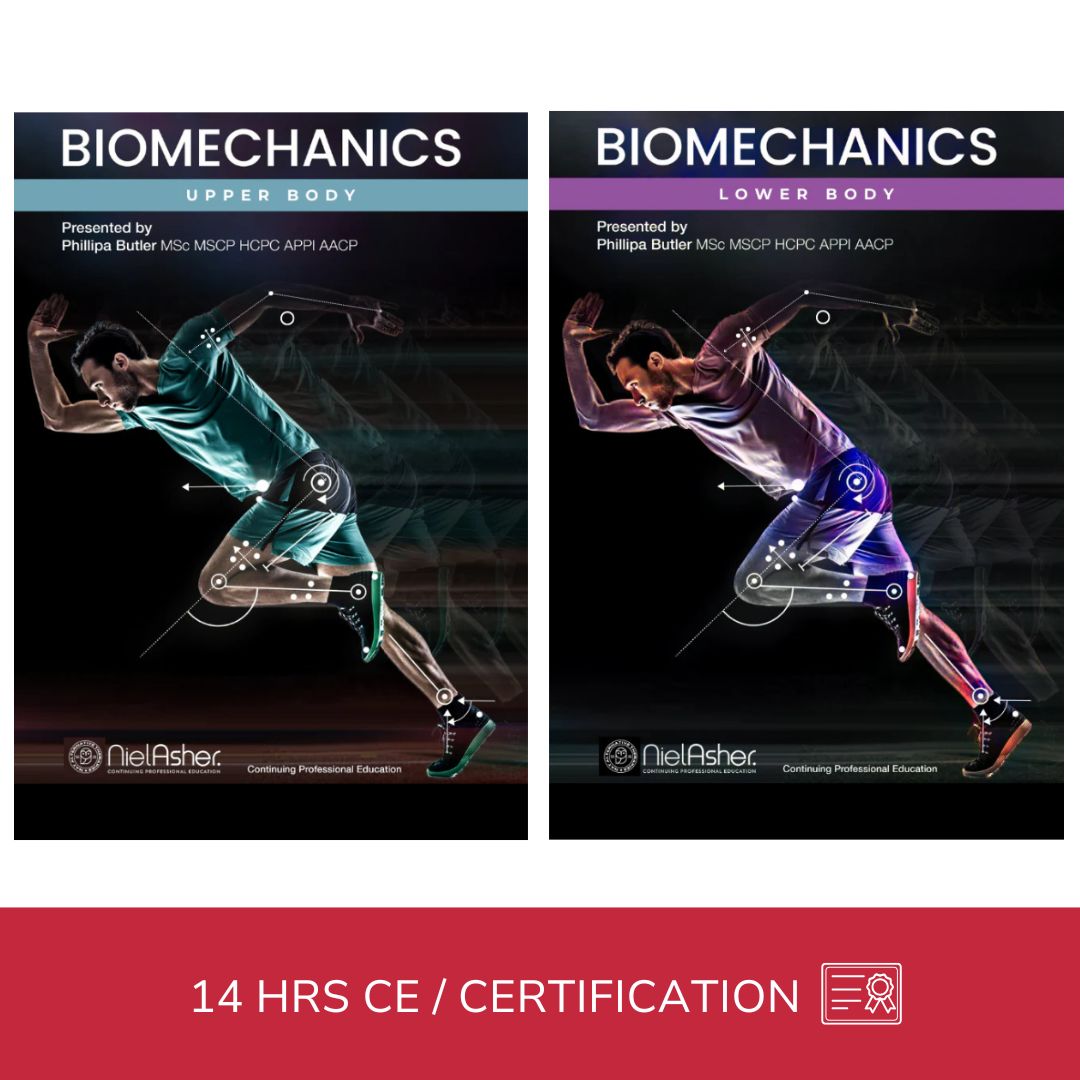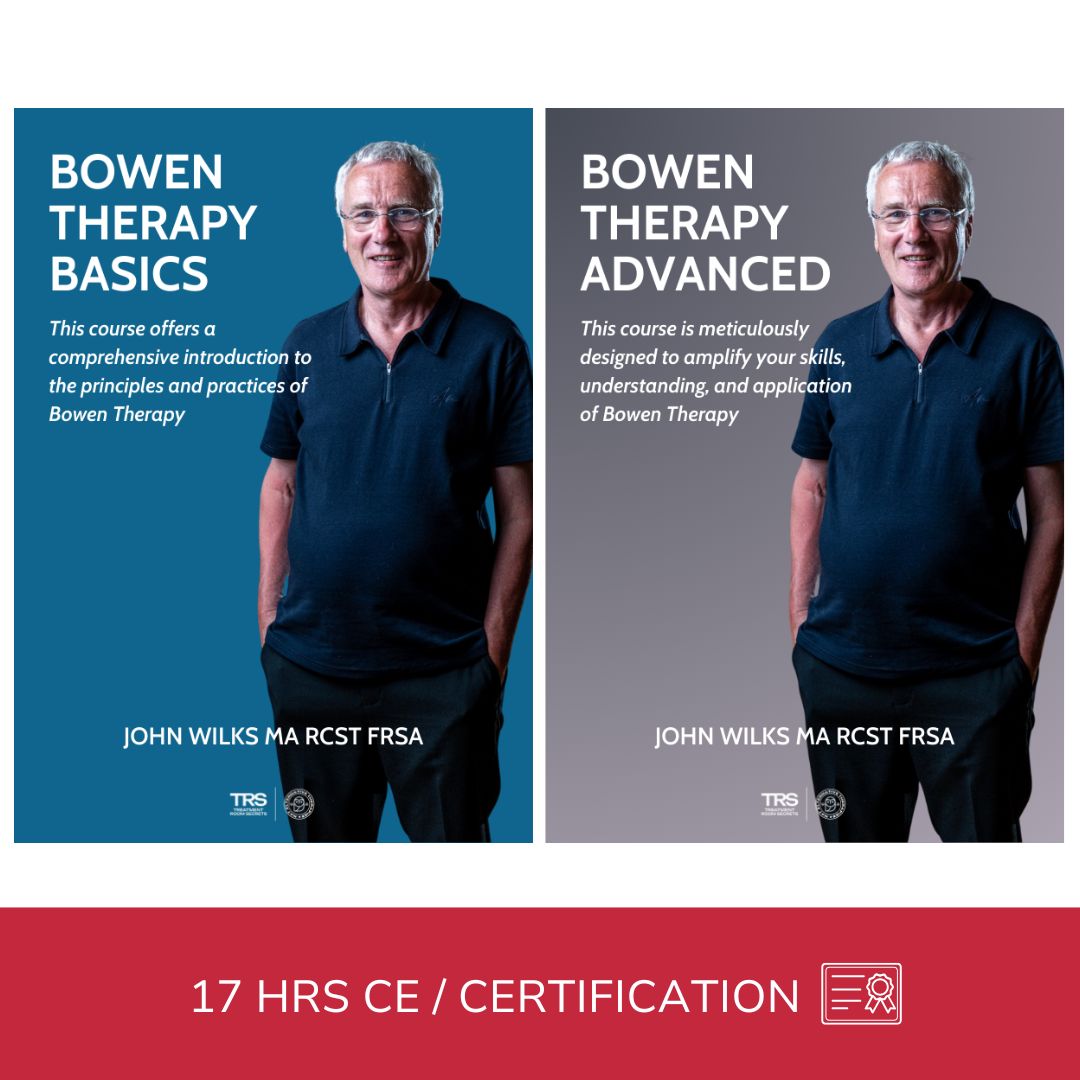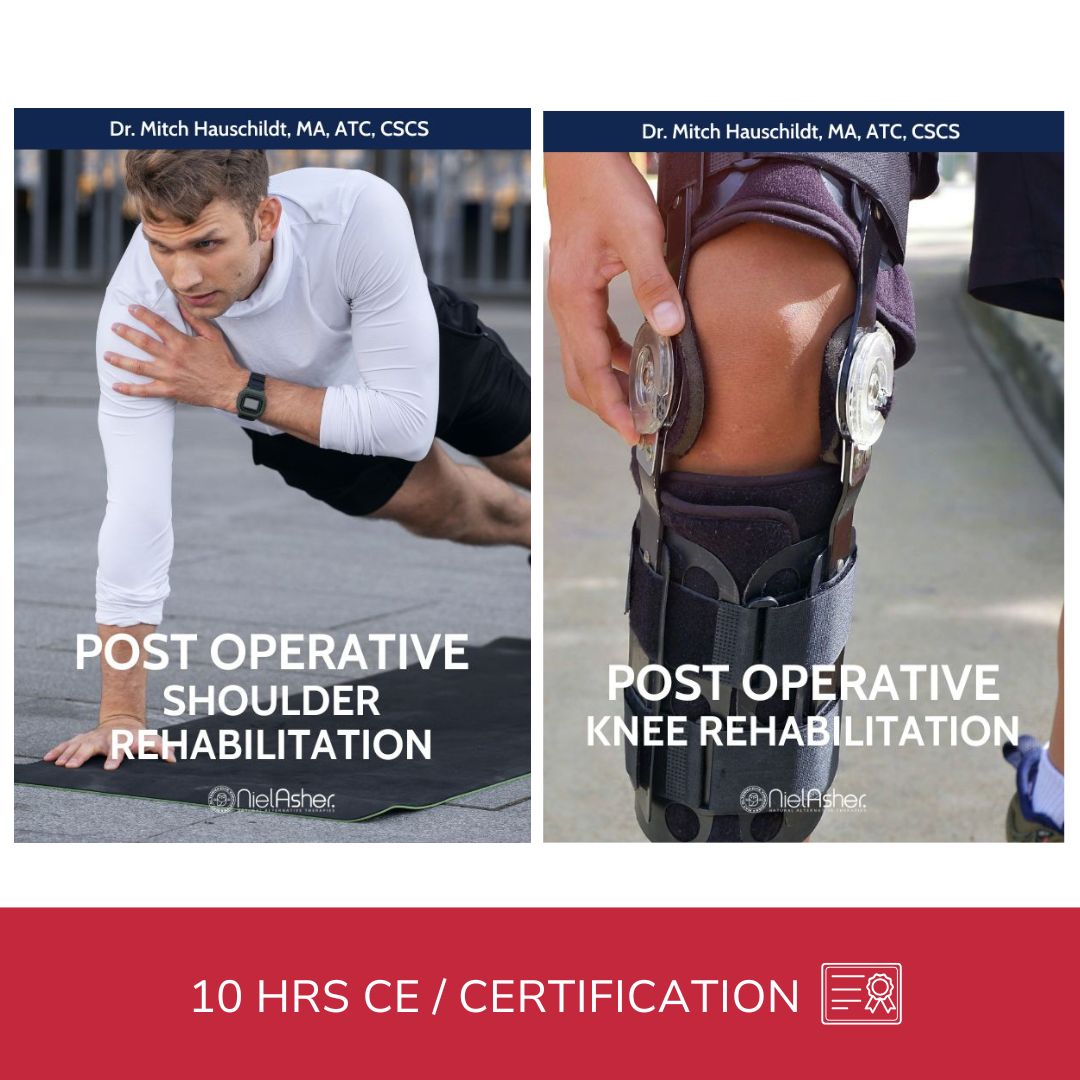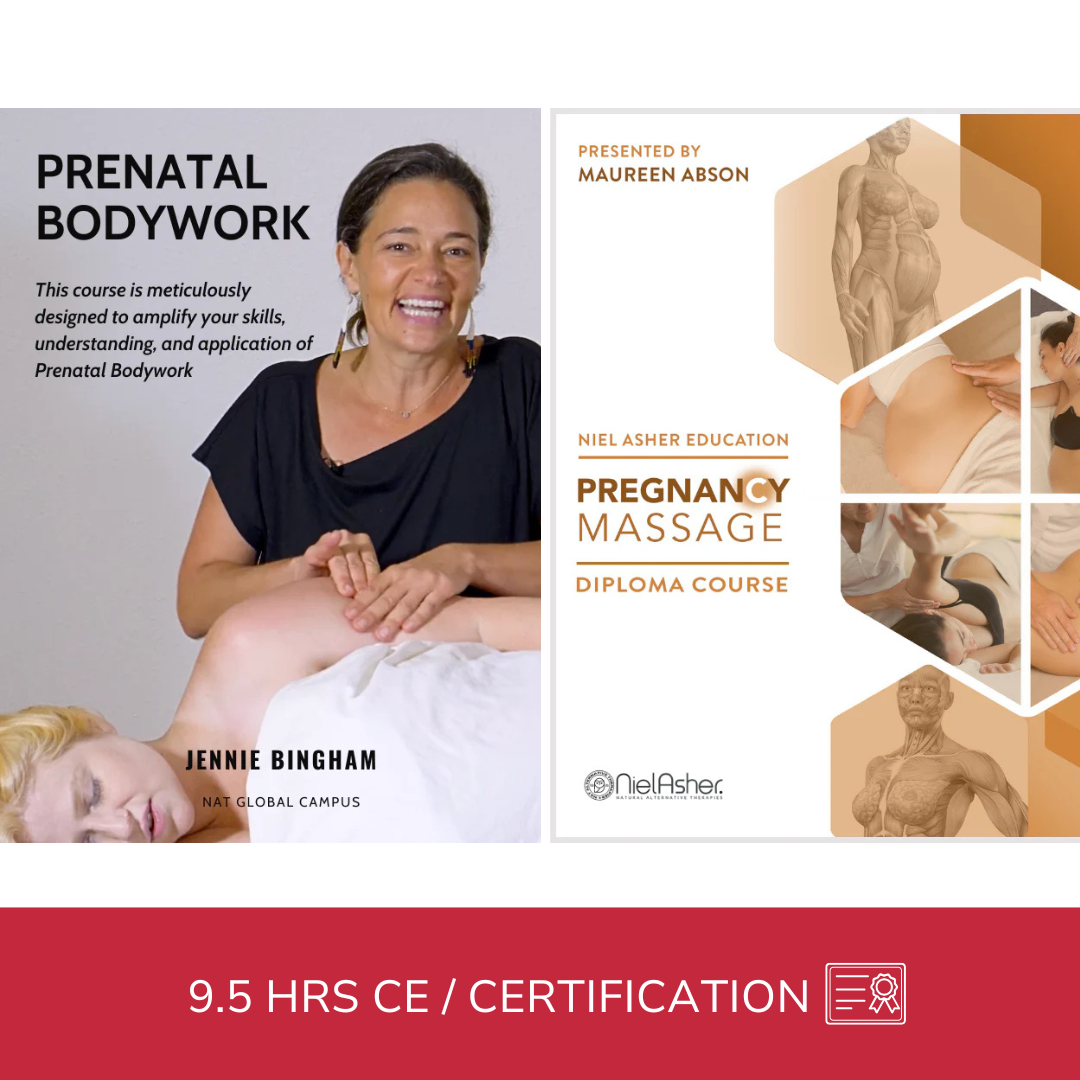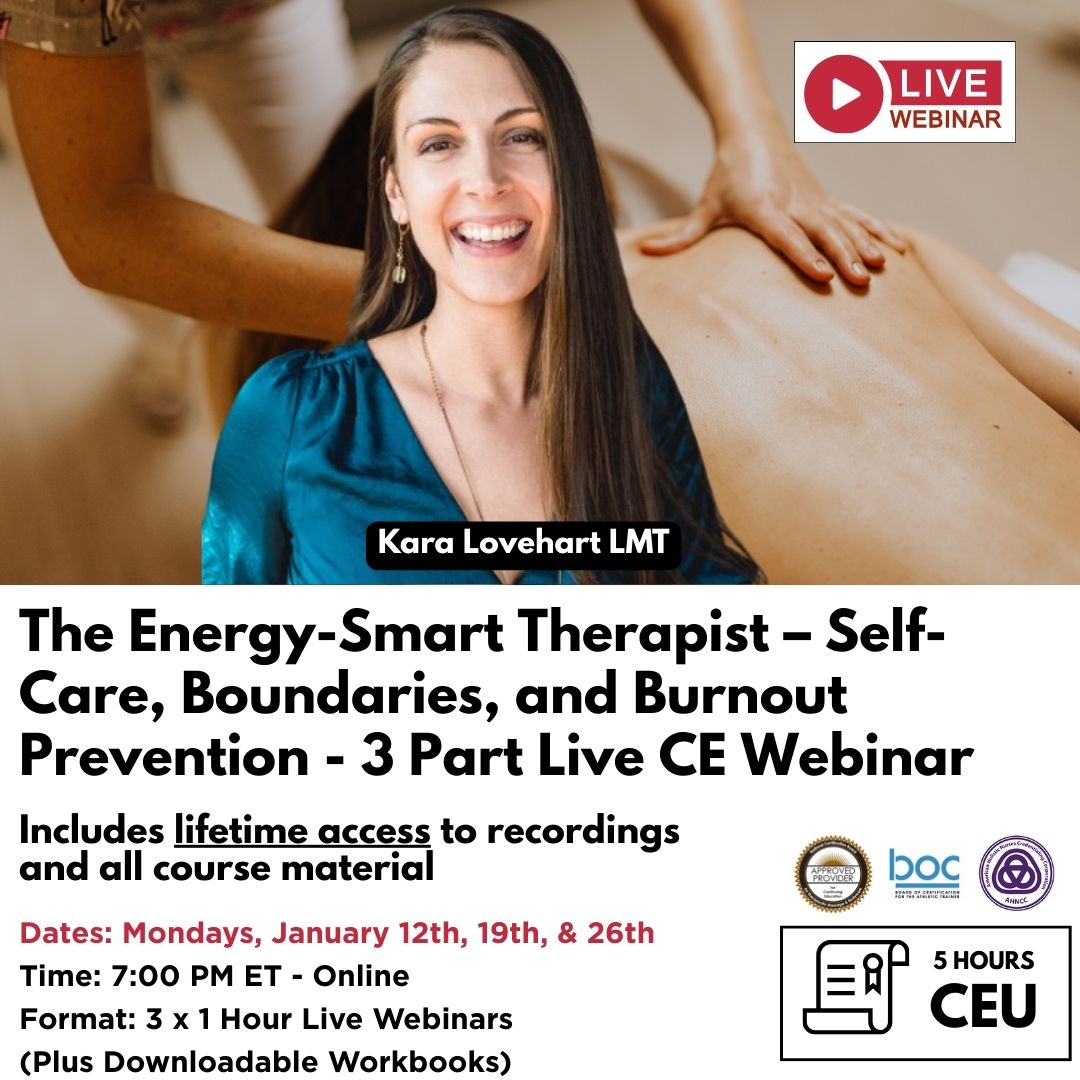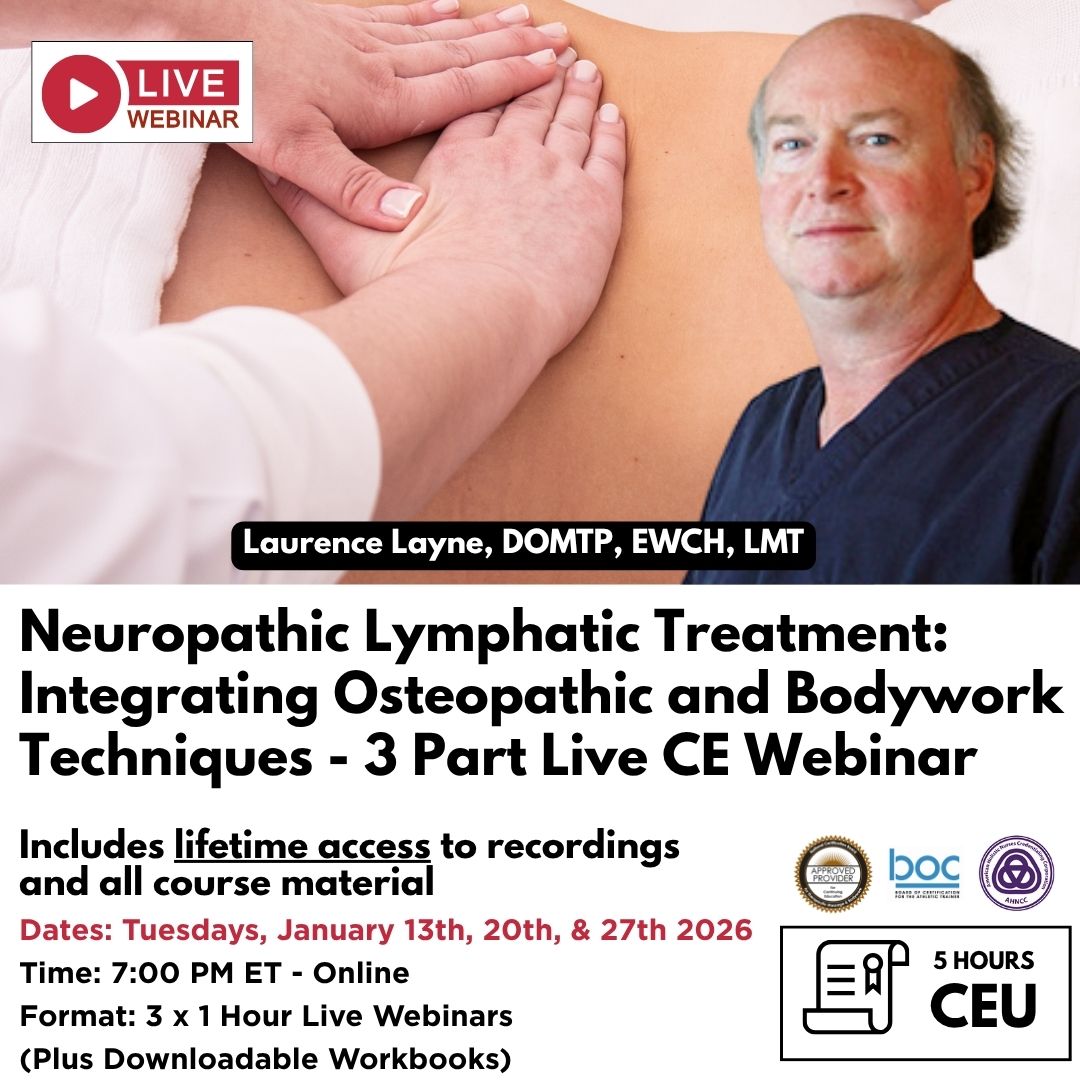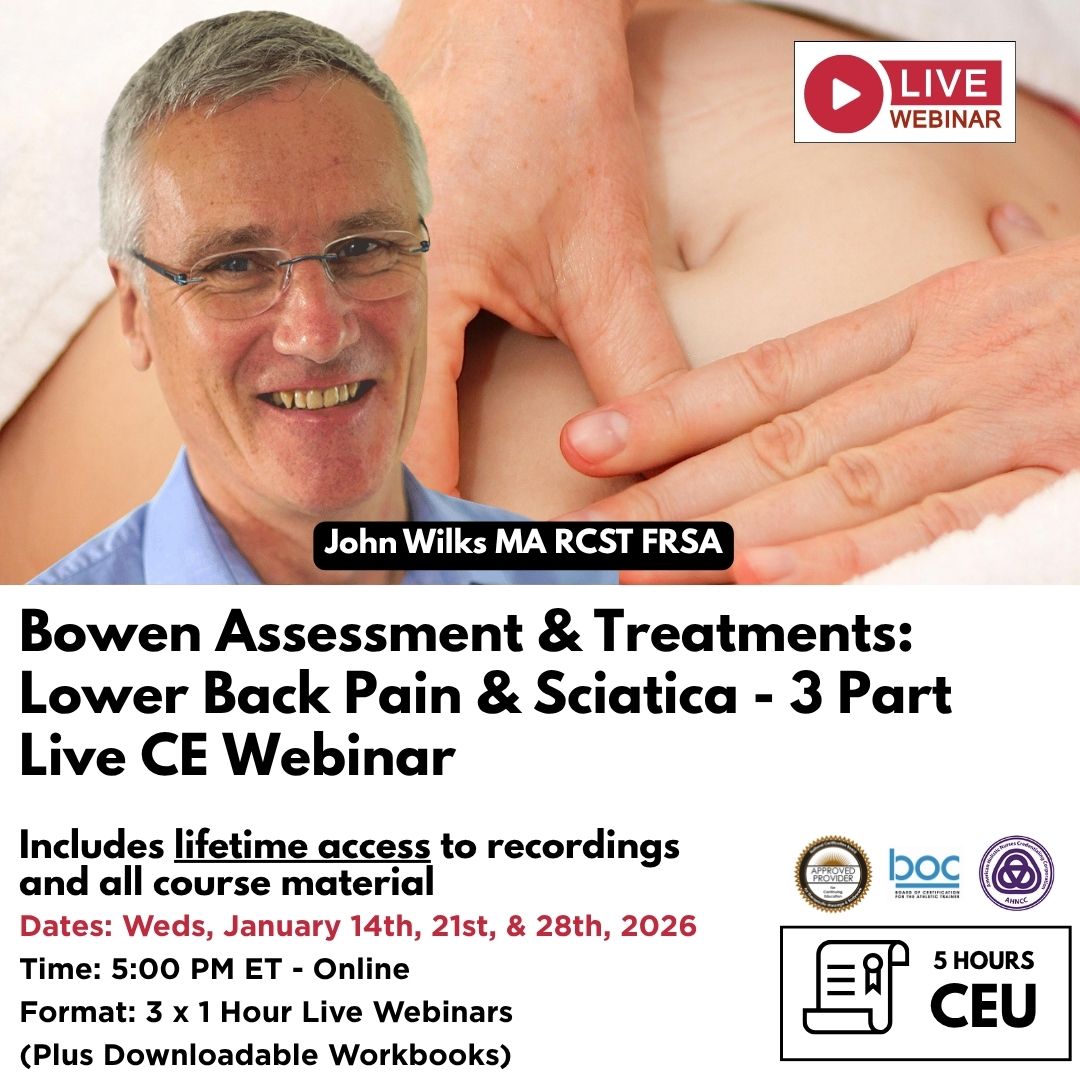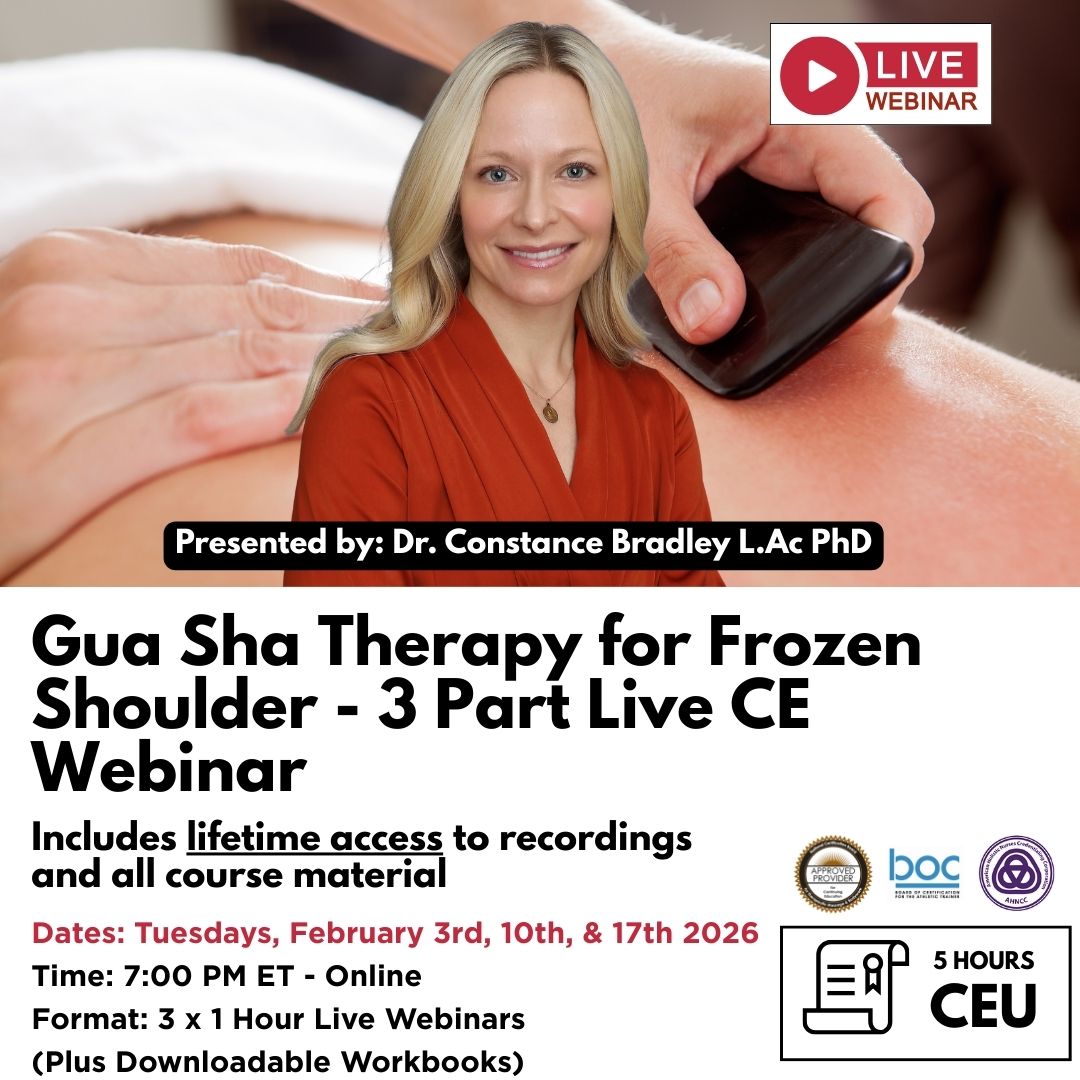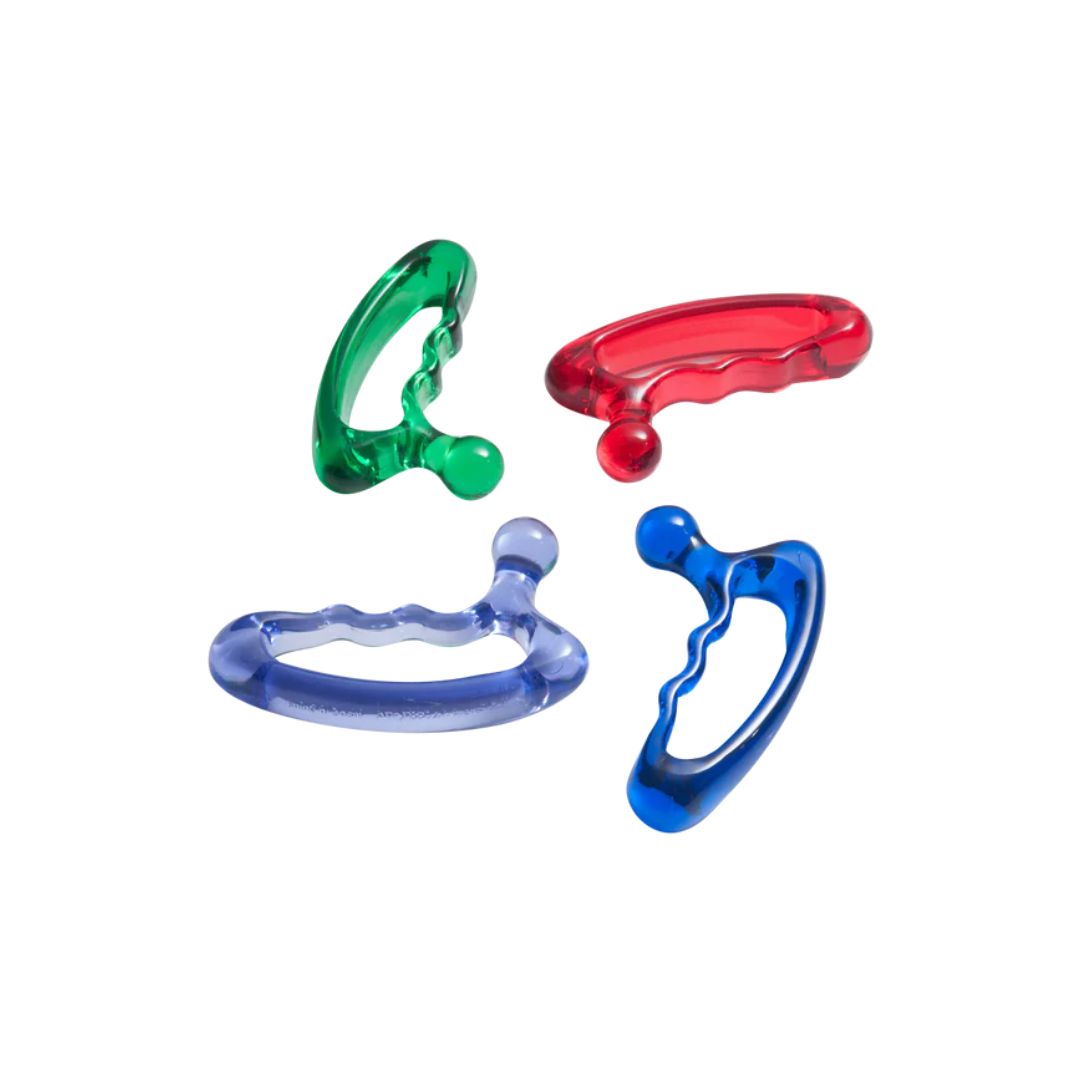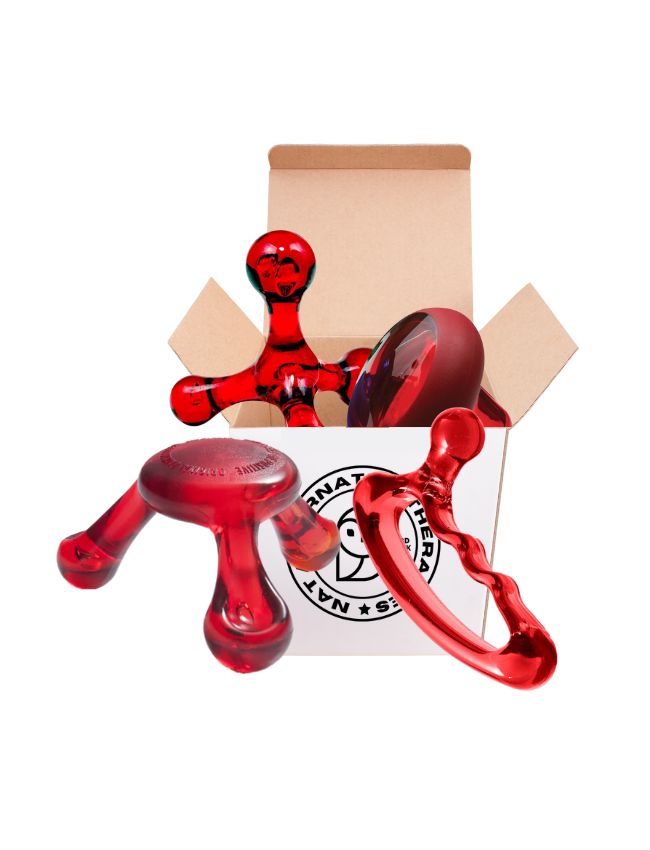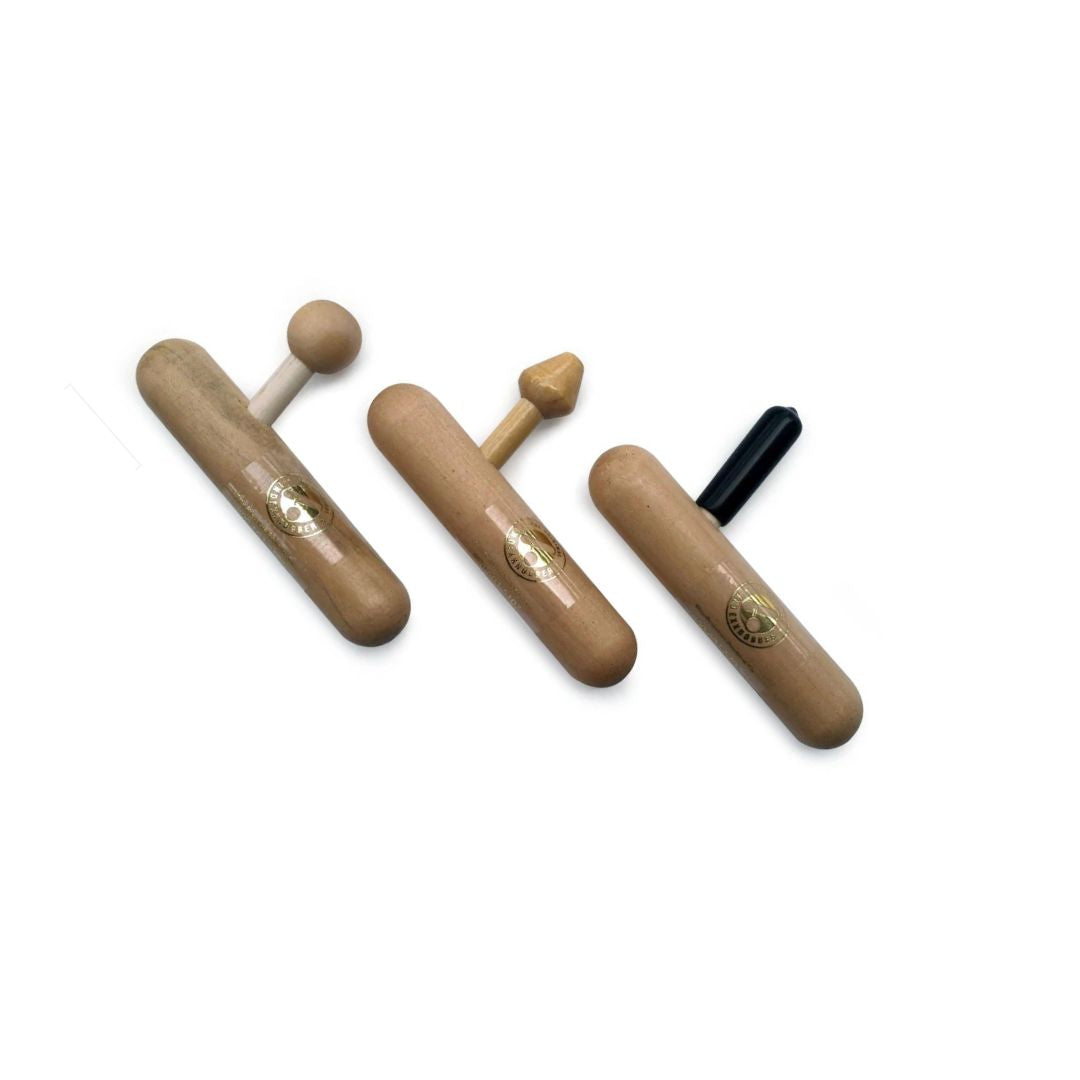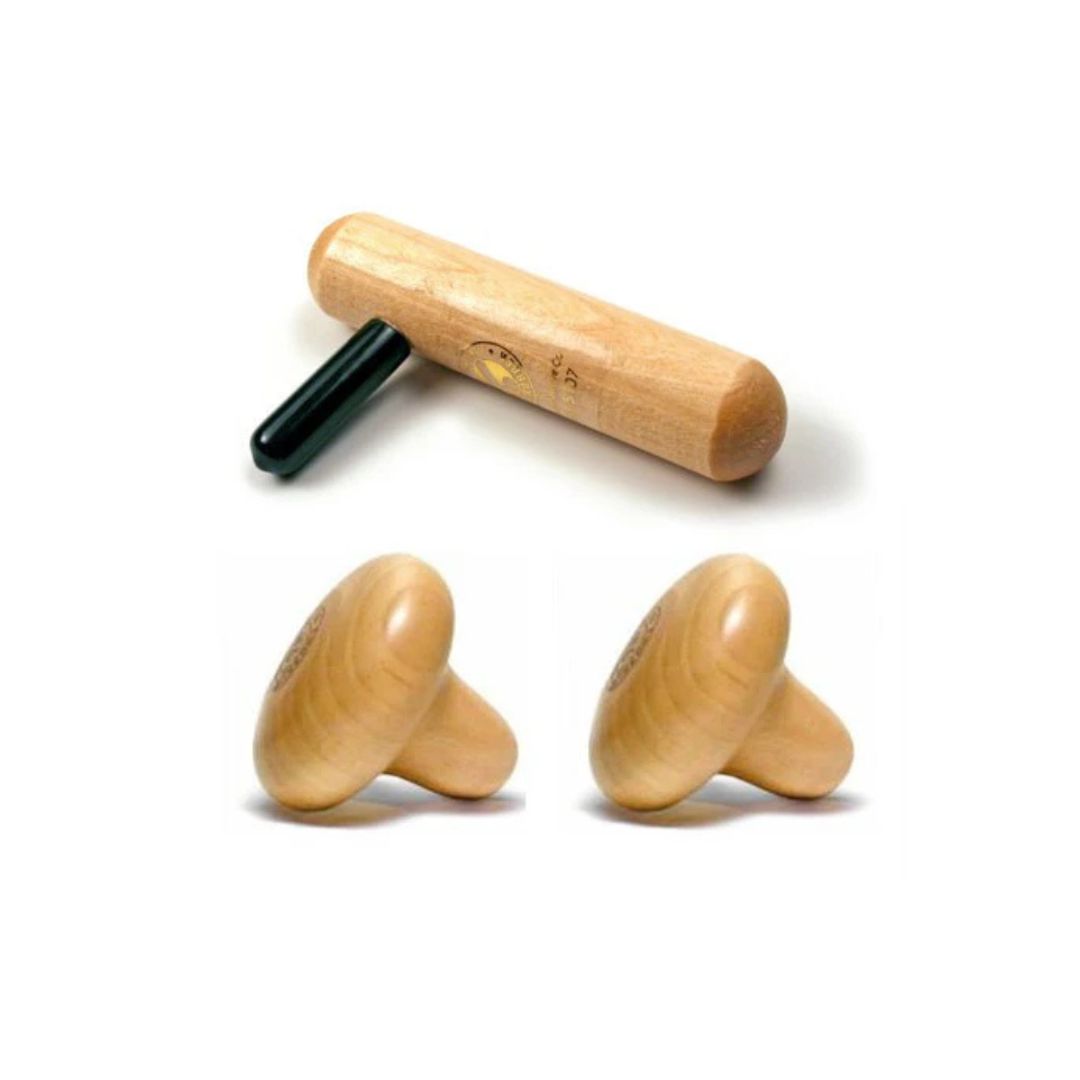Trigger Point Therapy - Spray and Stretch Techniques
This technique might be the single most effective non-invasive method for deactivating trigger points. So why isn't it used more often?
Spray and Stretch is one of those strange trigger point treatment techniques that is extremely effective, but somehow under-used.
It could be because it's simply not taught widely nowadays, or that it's just somehow become unfashionable.
I know from some conversations that I've had with colleagues over the years that it is sometimes seen as too simplistic to be taken seriously.
So bearing in mind that we use the technique almost daily in our clinics, we thought we'd bring up the subject in today's blog.
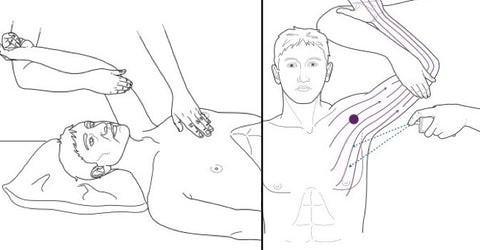
Studies have Confirmed Positive Results
Hans Kraus (1941), who was the first to describe the technique of spray and stretch using ethyl chloride spray, used the technique for treating aches and sprains in circus performers.
Since then, a number of coolant techniques have been developed to treat almost all trigger points.
These often appear to have a myorelaxant effect within a few seconds of application. A number of studies have confirmed positive results.
In fact a 1998 study (Simons) summarised this technique as the “single most effective non-invasive methods” for deactivating trigger points.
Ethyl chloride spray is highly flammable, toxic, and is considerably colder than is necessary. It is volatile and has even accidentally killed several patients and doctors.
Vapocoolents, such as a Fluori-Methane spray, are a safer alternative, although being a fluorocarbon, it may affect the ozone layer.
The recommended product (and sorry no, we don't sell it) is Gebauer’s "Spray and Stretch", as it is nontoxic and nonflammable.
Machine-based products, such as Cryonics CRYO+, are also gaining popularity. These products are far more predictable and controllable.
The Physiological Basis for these Products is a Type of “Thermal Shock”
Research has indicated that these techniques work partly on the hypothalamus.
The rapid skin cooling challenges the autonomic reflex pathways and forces a local homeostatic response, which may have a therapeutic action.
A skin cooling of the skin by 2–5 degrees is enough to cause this reaction. The following beneficial effects have been suggested in a number of studies:
- Analgesic
- Anti-inflammatory
- Vasomotor
- Myorelaxant
- Allergy to cold
- Raynaud’s syndrome
- Disorders of skin sensitivity
- Cryoglobulinaemia
Spray and Stretch Technique
The basic spray and stretch technique is quite straightforward, as it does not require the same precise localization of trigger points as for needling or injection.
Instead you need only locate and identify the affected host muscle to release its fibers. However, it is advisable first to locate the trigger point by palpation.
Doing this tends to help reassure the patient as to the efficacy of this "unusual" approach.
-
Spray: This is a distraction for the more important second step. The spray is aimed out of the inverted bottle nozzle at 30 degrees to the skin in a fine jet over a distance of about 20–50 cm (aim at an area rather than a single spot).
-
Stretch: This is the therapeutic component of the technique. While two to three sweeps of spray are applied to the affected/host muscle, the muscle is gently extended to its full stretch length.
When to Use Spray and Stretch
- Young children
- Needle-shy patient
- Immediately after trigger point injection
- Post-hemiplegic—stroke rehabilitation
- Immediately following major trauma, e.g. fracture or dislocation
- After whiplash injury
- In a patient with myofascial trigger points and hyperuricemia (excess uric acid)
- Chronic or inhibition-resistant trigger points
- Attachment trigger points
Spray and Stretch Tips
- Locating the central trigger point which causes a precise referred pain pattern is recommended, as it gives the patient a rationale for accepting treatment. Make sure the patient has recently eaten, as hypoglycemia aggravates trigger points.
- Provide a warmish surgery/room.
- Use a blanket to cover the body and areas not being cooled, as muscle warmth is more conducive to muscle relaxation.
- Remember to cover the eyes where appropriate.
- Do not aim at a single spot, as this can burn or cause urticaria.
- Do not force a stretch.
- If the patient is apprehensive, ask them to focus on their breathing.
- Test the range of motion before and after the spray and stretch technique. Make sure that the muscle to be treated is fully relaxed and support it where possible—treatment can be performed sitting, side lying, prone, or supine.
- To achieve a full stretch, you should anchor one side of the muscle, and move the other (passively).
Quick Summary
If you are not familiar with Spray and Stretch, we suggest giving it a try.
The chances are that you will be amazed at the results. It's certainly not the only way to release trigger points, and it's not the best option in all cases but, as stated above, it is fantastically effective in certain situations, especially when treating young children.
Links
Find a Trigger Point Professional in your area
Learn More About Trigger Points
Dry Needling for Trigger Points
Certify as a Trigger Point Therapist
About NAT Courses
As a manual therapist or exercise professional, there is only one way to expand your business - education!
Learning more skills increases the services that you offer and provides more opportunity for specialization.
Every NAT course is designed to build on what you already know, to empower you to treat more clients and grow your practice, with a minimal investment in time and money.
Help Desk
About Niel Asher Education
Niel Asher Education is a leading provider of distance learning and continued education courses.
Established in the United Kingdom in 1999, we provide course and distance learning material for therapists and other healthcare professionals in over 40 countries.
Our courses are accredited by over 90 professional associations and national accreditation institutions including the National Academy of Sports Medicine (NASM) and National Certification Board for Therapeutic Massage and Bodywork (NCBTMB). Full details of all international course accreditations can be found on our website.
Printed course materials and other products offered on our websites are despatched worldwide from our 3 locations in the UK (London), USA (Pennsylvania) and Australia (Melbourne).
More About Us
NAMTPT AWARD 2017
We are honored to have received the 2017 "Excellence in Education" Award from the National Association of Myofascial Trigger Point Therapists.
Since 1999 Niel Asher Education has won numerous awards for education and in particular for education and services provided in the field of trigger point therapy.
Read Full Article
Award Winning Instructors
Niel Asher Healthcare course instructors have won a host of prestigious awards including 2 lifetime achievement honorees - Stuart Hinds, Lifetime Achievement Honoree, AAMT, 2015, and Dr. Jonathan Kuttner, MD, Lifetime Achievement Honoree, NAMTPT, 2014.
Meet the Instructors
NAT Certification
If you are a qualified/licensed manual therapist or exercise/fitness professional you can expand your credentials with NAT certification.
In addition to national accreditation for continued education, each course that we offer includes "NAT Learning Credits". By taking and completing courses you can accumulate NAT credits to qualify for NAT certification.
There are currently 3 levels of NAT certification. Certifying NAT is a valuable way to show your clients that you take continued education seriously, and to promote your skills and qualifications.
About NAT Certification
Niel Asher Technique
Since 1999 the Niel Asher Technique for treating trigger points has been adopted by over 100,000 therapists worldwide, and has been applied to the treatment of a number of common musculoskeletal injuries.
The Niel Asher Technique for treating frozen shoulder was first introduced and published in 1997 and has been widely adopted by therapists and exercise professionals working within elite sports and athletics.
Read More
Worldwide Free Shipping
Most of our courses are available as either "Printed" or 'Download" editions. When you purchase a download edition, you receive immediate lifetime access to all course material. Course texts can be downloaded and printed if required.
When you purchase a "Printed" edition, you will also receive free access to the download edition.
We ship Worldwide from locations in the USA, UK, and Australia. Most items are despatched within 24 hours and shipping is FREE for all orders over US$50.
Shipping
This trigger point therapy blog is intended to be used for information purposes only and is not intended to be used for medical diagnosis or treatment or to substitute for a medical diagnosis and/or treatment rendered or prescribed by a physician or competent healthcare professional. This information is designed as educational material, but should not be taken as a recommendation for treatment of any particular person or patient. Always consult your physician if you think you need treatment or if you feel unwell.
About Niel Asher Education
Niel Asher Education (NAT Global Campus) is a globally recognised provider of high-quality professional learning for hands-on health and movement practitioners. Through an extensive catalogue of expert-led online courses, NAT delivers continuing education for massage therapists, supporting both newly qualified and highly experienced professionals with practical, clinically relevant training designed for real-world practice.
Beyond massage therapy, Niel Asher Education offers comprehensive continuing education for physical therapists, continuing education for athletic trainers, continuing education for chiropractors, and continuing education for rehabilitation professionals working across a wide range of clinical, sports, and wellness environments. Courses span manual therapy, movement, rehabilitation, pain management, integrative therapies, and practitioner self-care, with content presented by respected educators and clinicians from around the world.
Known for its high production values and practitioner-focused approach, Niel Asher Education emphasises clarity, practical application, and professional integrity. Its online learning model allows practitioners to study at their own pace while earning recognised certificates and maintaining ongoing professional development requirements, making continuing education accessible regardless of location or schedule.
Through partnerships with leading educational platforms and organisations worldwide, Niel Asher Education continues to expand access to trusted, high-quality continuing education for massage therapists, continuing education for physical therapists, continuing education for athletic trainers, continuing education for chiropractors, and continuing education for rehabilitation professionals, supporting lifelong learning and professional excellence across the global therapy community.
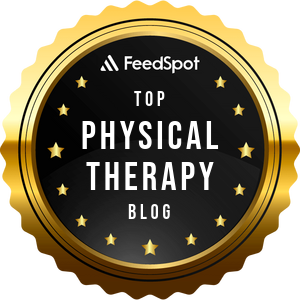
Continuing Professional Education
Looking for Massage Therapy CEUs, PT and ATC continuing education, chiropractic CE, or advanced manual therapy training? Explore our evidence-based online courses designed for hands-on professionals.


